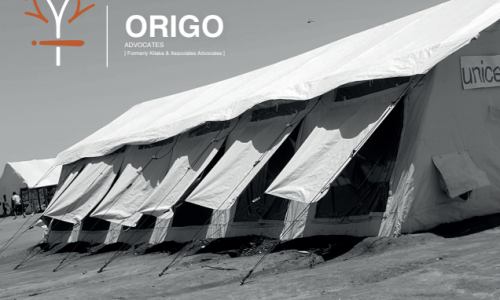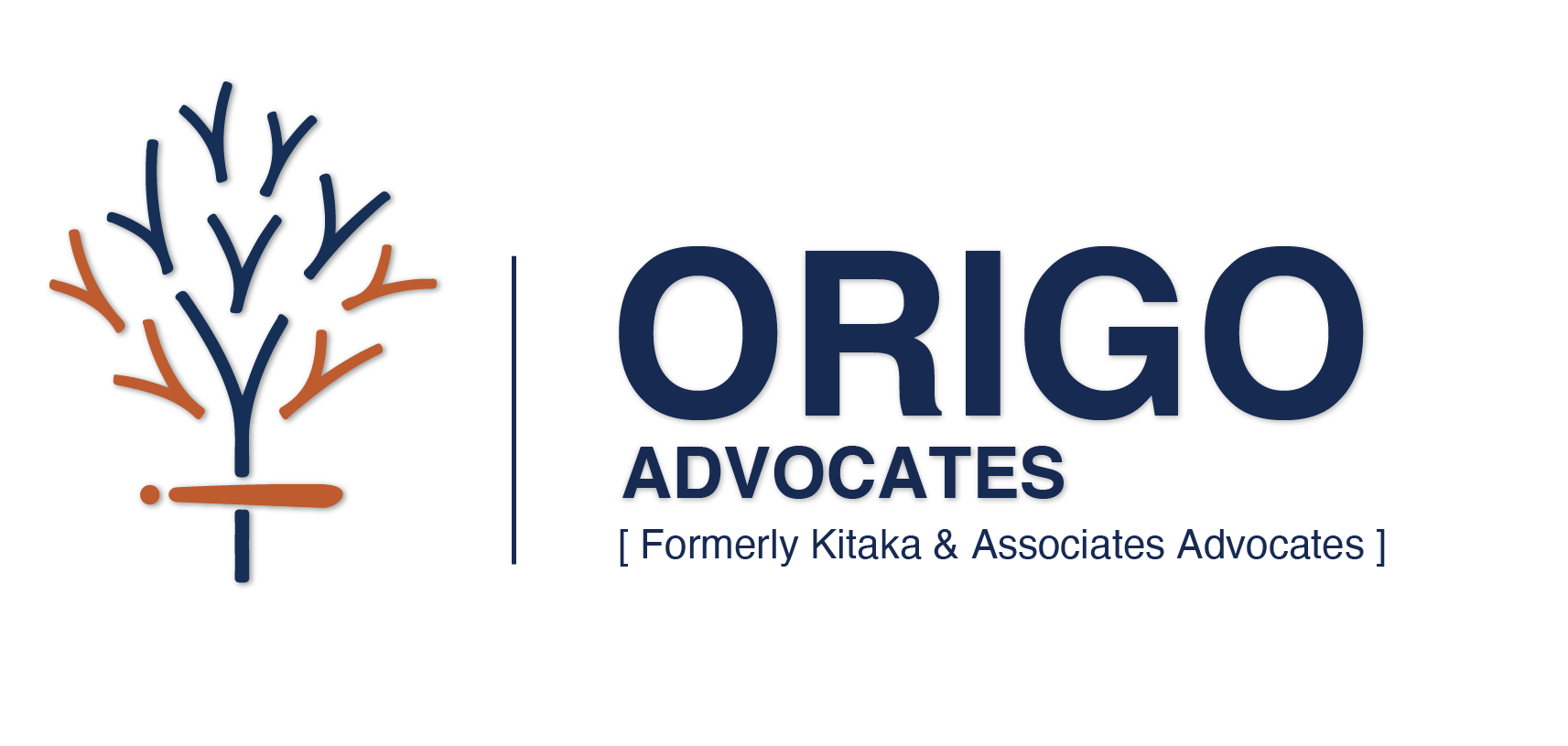KEY TAX CONSIDERATIONS FOR CHARITABLE, NON GOVERNMENTAL ORGANISATIONS ("NGOs") AND RELIGIOUS INSTITUTIONS THIS YEAR

Overview
Corporate tax
In principle all income that is received or generated by charities and religious institutions that are not for profit in the form of donations, grants and membership fees is exempt from taxation. However, this exemption from taxation is not automatic. In practice, Uganda does not have a blanket exemption from taxation of income of Charities and Religious institutions. All exemptions from taxation are granted upon fulfilment of the conditions set down by law and administrative requirements put in place by Uganda Revenue Authority ("URA") in order for one to access such privileges.
Recipient
Any company, institution or irrevocable trust that is a religious or charitable, institution and is not for profit may be a suitable recipient of charitable gifts. While the proper organisation form is a pre-condition for tax privileges, the form of the organisation itself does not afford any privileges. In order to qualify for the tax privileges under law, additional requirements must be met on a continuing basis.
Obtaining exemptions
Corporate Tax
In order to obtain an exemption from taxation, the entity seeking the exemptions must be classified as an exempt organisation within the scope of the law and must apply for a ruling from the Commissioner General Uganda Revenue Authority indicating that it is an organisation whose income is exempt from taxation. Religious and charitable institutions that are not for profit meet the organisation/ legal form of an exempt organisation. Additionally, for a charitable organisation to be classified as an exempt organisation, it ought to demonstrate that none of the income or assets of the organisation confers a private benefit on any person. A charitable organisation is further required to register for taxes, acquire a Tax Identification Number and continue filing returns even when its income is not taxable.
Procedure
An Application for a ruling to exempt a charitable organisation from taxation is made to the Commissioner General URA using form DT 1017 and is supported by the following documentation:
- Certificate of incorporation as a Company limited by guarantee.
- Certificate of registration as a Non-Governmental Organisation.
- Valid NGO permit.
- The charities’ constitution or governing documentation.
- URA TIN certificate.
- Income Tax returns for the 3 years preceding the application.
- Income Tax returns for the trustees or members or governors or directors for the 3 years preceding the application.
- PAYE returns for the last 6 months preceding the date of application.
- Copy of the tenancy agreement or and title showing location of the organisation.
- Audited financial accounts for the last 3 years.
- Bank statements for the last 3 years for all Bank accounts operated by the applicant.
- Letter of confirmation from the local authority confirming existence and activities of the applicant.
- Any other relevant documents that may be relevant in confirming the existence of operations, for example minutes of last Annual General Meeting (AGM).
- A declaration certifying that all information as required has been provided without any omission and it’s correct.
Income Tax amendments 2021
The amendment to the law scrapped the requirement of religious and charitable institutions demonstrating that they are of a public character before obtaining an exempt status ruling. A religious and charitable institution only needs to demonstrate that it is a Not for Profit organisation before accessing the privilege of exempting its tax and that none of the income or assets confers any private benefit on any person.
Charitable Donations
Just like it is in the case of income received by non-profits, non-governmental organisations and charities, not all charitable donations made by taxable persons are allowable expenses that can be used to offset a tax payer’s liability. Inorder for a charitable donation to be allowed as a deduction for an organisation’s tax liability, the following conditions have to be met:
- It must be made to a charitable organisation that has received a ruling exempting its income from taxation as an exempt organisation.
- The value of the donations should not exceed 5% of the person’s chargeable income.
Non- exempt income
- Income from business activities not related to the functions of the organisation’s existence.
- Income from property except rent received and is used exclusively for the activities of an organisation
Other taxes
Value Added Tax
Not for profit and charitable organisations incur a Value Added Tax charge at a rate of 18% on goods and services supplied to them as long as the good or service is not VAT exempt. Whereas corporate tax is charged on an organisation, VAT is charged on a good or service making it an indirect tax levied on consumption. The person providing the service or good is the one that charges VAT and subsequently remits the same to URA.
Vat is only exempt from goods and services that are classified as exempt. These include social welfare services, dental, medical and veterinary equipment, supply of machinery, tools and implements suitable for use only in agriculture, photosensitive semiconductor devices etc.
Additionally, supply of Bibles and Qurans is VAT exempt.
Not for profit/ charitable organisations exempt from VAT.
Only charitable organisations that are gazetted in the VAT Act as Public International Organisations are entitled to a blanket exemption from VAT. Public International Organisations include donor agencies and development financial institutions like Danish International Development Agency, Department for International Development, Korea International Cooperation Agency and many others. Any supplies made to such organisations are VAT exempt. However, all the other Not for profit entities or charities that are not gazetted, are charged VAT on goods and services they are supplied if the goods or service are not exempt from VAT or zero rated.
Pay as you earn ("PAYE")
Pay as you earn is a tax that is charged on the income of an employee. The tax is charged on an employee's wages, salary, leave pay, payment in lieu of leave, overtime pay, fees, commission, gratuity and any other allowance that is not incurred by an employee for organisational purposes. Not for profit, charities and Non-Governmental Organisations are required to deduct and remit tax on the salaries of their employees. PAYE tax filings are made within 15 days after the end of the month.
Withholding tax
Tax is withheld on the gross amount of the payment on the following:
- Professional fees- 6%
- Purchase of an asset for example land- 6% if the vendor is a resident and 10% if the vendor is a Non-resident.
Tips for minimizing tax risks in Charities and Religious institutions
Charities and religious institutions that run income generating activities need to be mindful of the potential tax risks on a continuing basis particularly in regards with the allocation and distribution of income in their Financial statements. Below is a non-exhaustive list of recommendations that we suggest can be put in place to mitigate the potential tax risks:
- Establishment of an independent governance structure to ensure accountability for any income received by way of grants, donations and membership fees.
- Documentation of all income and expenses that are incurred when running the organisation.
- Conducting due diligence on organisational procurements.
- Staying compliant with licencing and filing requirements under the Non-Governmental Organisations legal regime.
- Conducting annual financial audits to ensure that the Organisation’s financials are aligned with the requirements of an exempt organisation.
- Conducting periodic tax health checks to ensure income and expenditure qualify for tax exemptions
Continuous monitoring of an organisations spending to ensure all expenses are related to the core activities of the charity/ Non-Governmental Organisation.
Conclusion.
While the law grants Charities and Religious institutions several privileges as they go about their mandate of doing good, it also places certain obligations inorder for them to continue enjoying those privileges. In order to ensure that an organisation continues being compliant, robust systems need to be put in place to ensure continuous risk assessment of all financial transactions and compliance.
Disclaimer
Every effort has been made to ensure this information is accurate and up-to-date as of the date of the publication. It is not intended to be a full and exhaustive discussion of the law in any area. This information is not intended as legal advice and may not be used as such.
